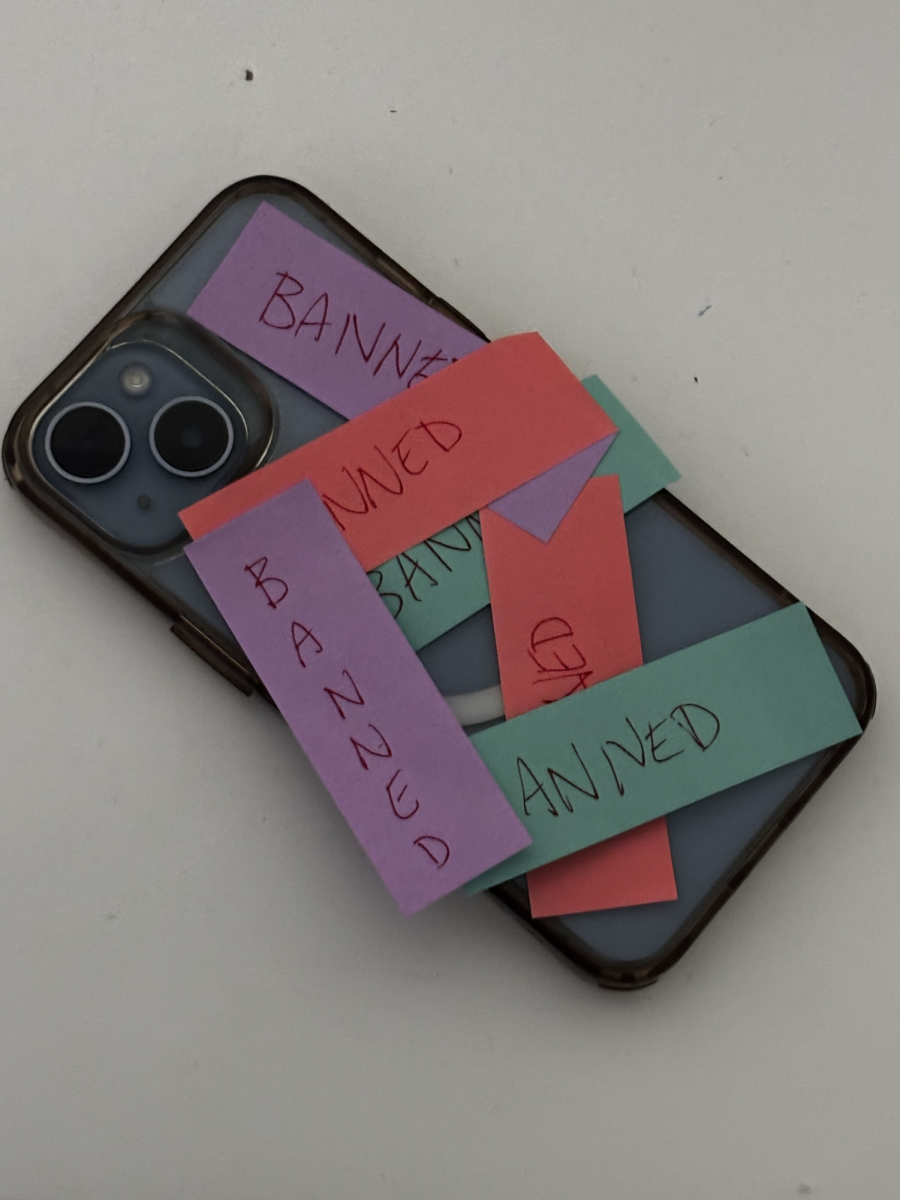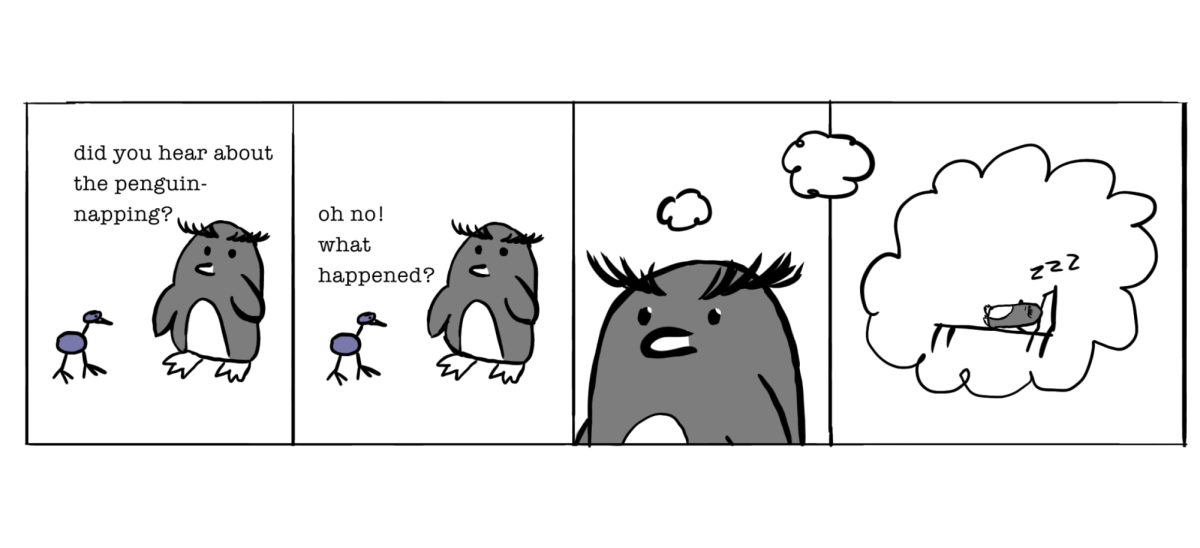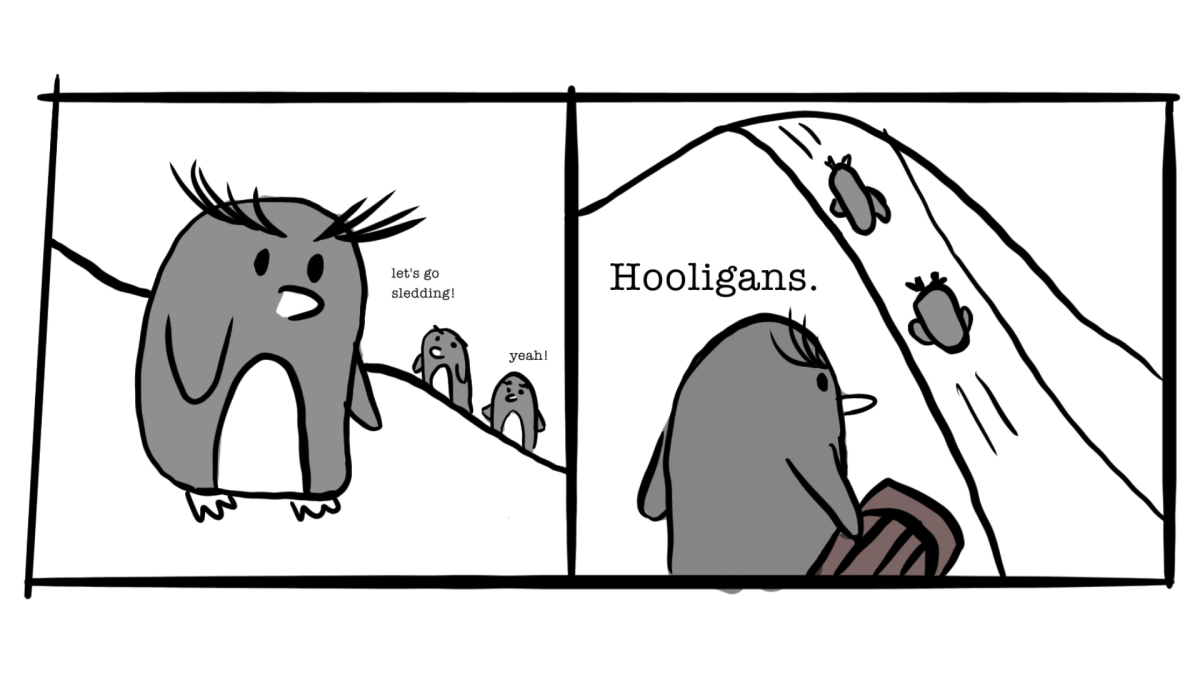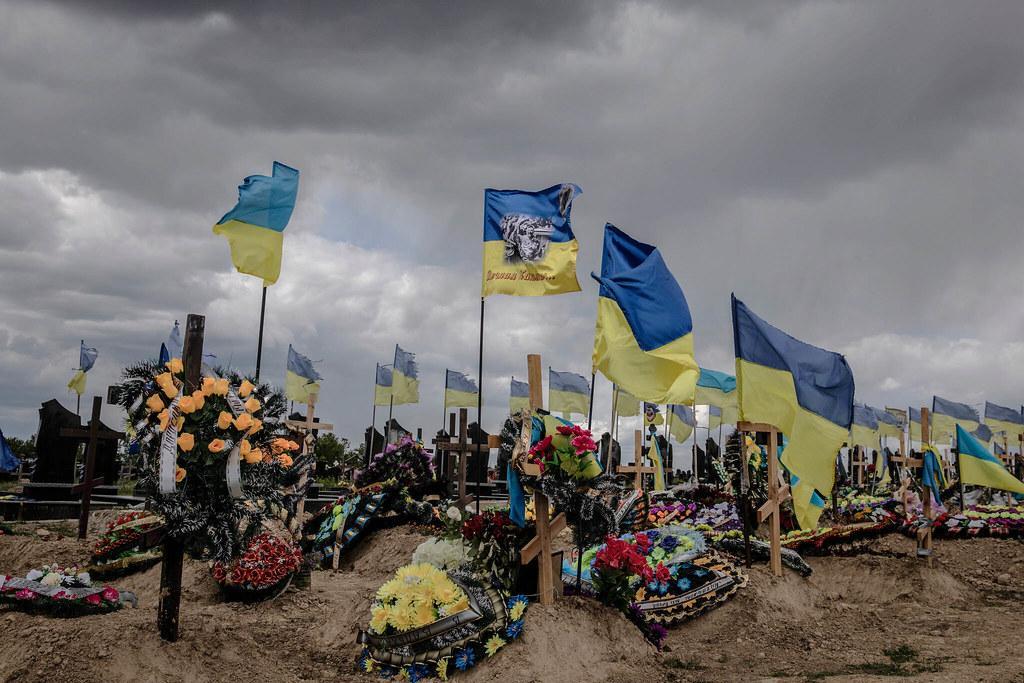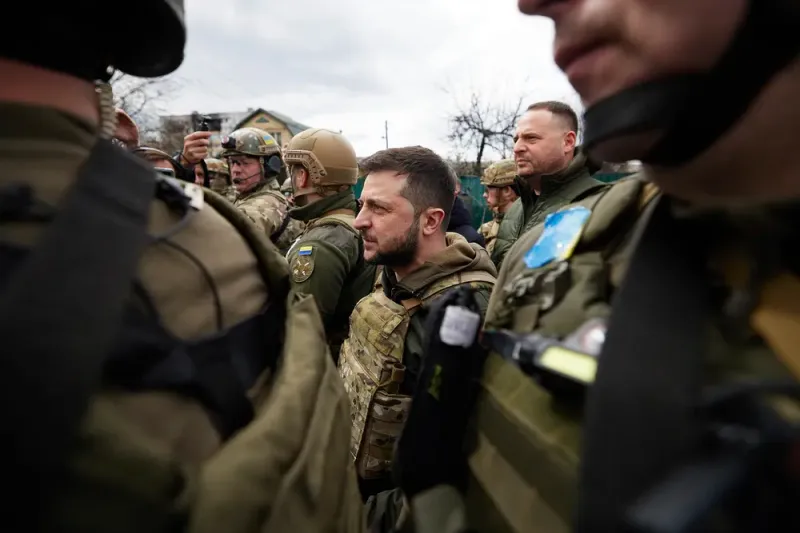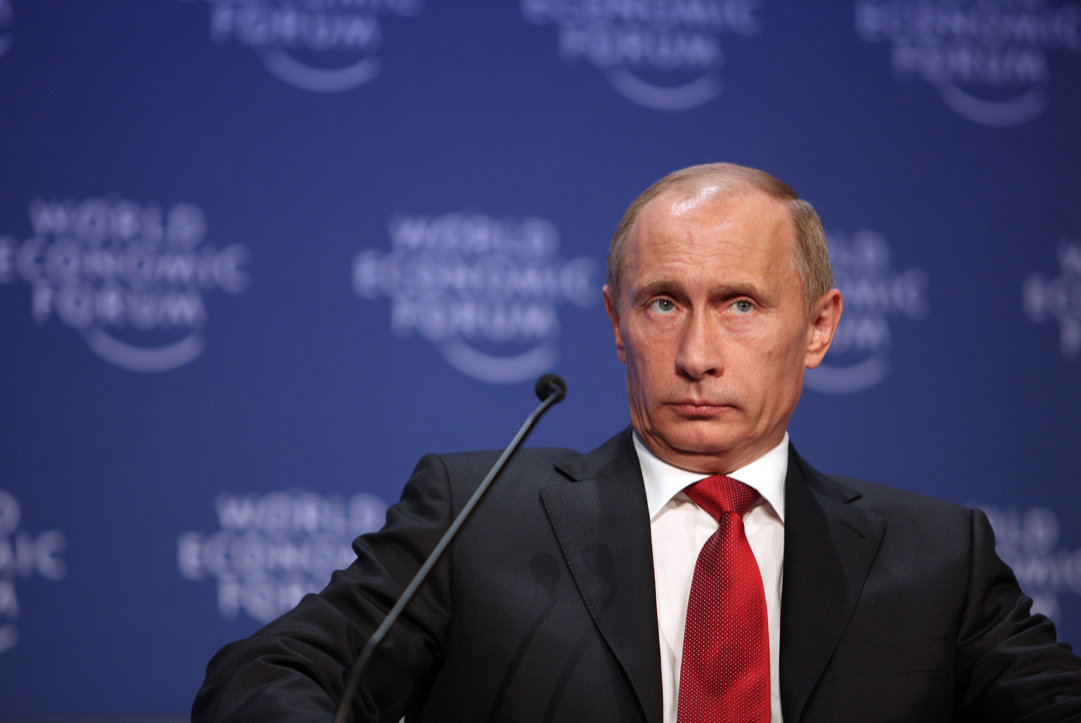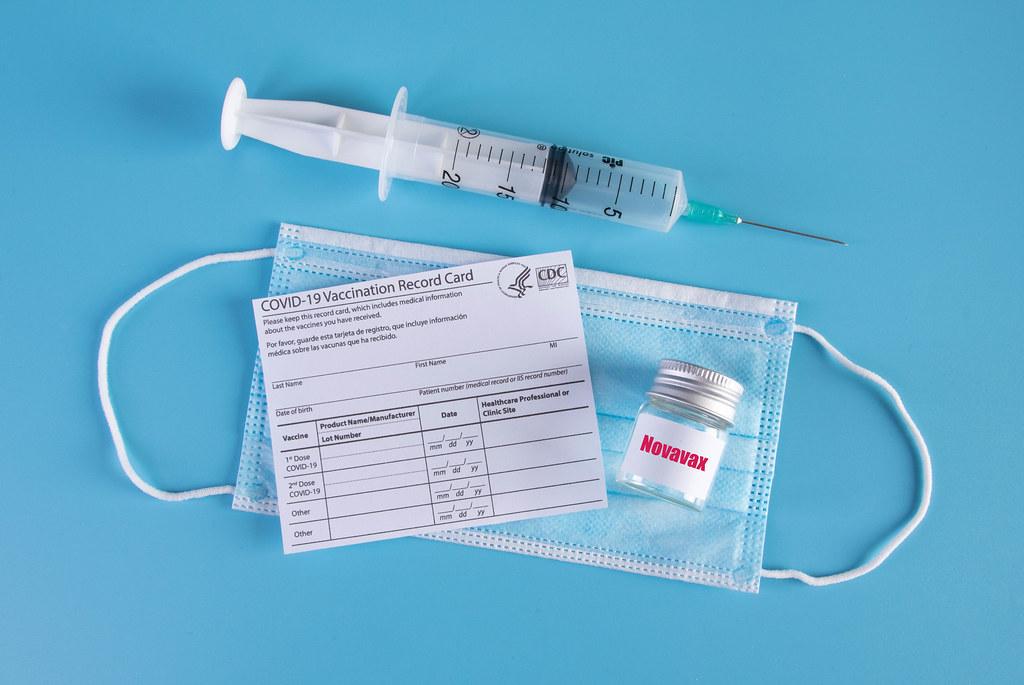Contributing Writer Malak Aljerari, ’23
After 100 days since the Russian invasion of Ukraine on February 24, more than 3,380 civilians have been killed, thousands have been injured, and families have been torn apart. The invasion sparked Western condemnation and unprecedented ongoing sanctions. Moreover, Western alliances have been strengthening with the expansion of NATO and Ukraine’s possible membership in the E.U., which Russia strongly warns against. The U.S. is spending $100 million per day to aid Ukraine, along with 24 other countries providing supplies. To understand this conflict thoroughly, the important developments between February and today need to be highlighted.
February
On February 21st, during the first month of the conflict, the president of Russia, Vladimir Putin ordered troops to eastern Ukraine in the Donetsk and Luhansk regions, collectively known as the Donbas. Putin formally recognized the regions as independent states. The next day, the Russian Parliament accepted the use of military force. On the same day the United States implemented sanctions on Kremlin-controlled banks, along with Germany ending the Nord Stream 2 pipeline which was going to provide the country with an increased amount of cheaper gas.
On the 24th, after a full scale Russian invasion of Ukraine, Ukrainian President Volodymyr Zelenskyy authorized a general mobilization. Russia remained obstinate after refusing a U.N. Security Council resolution that called for Russia to immediately pull its troops out of Ukraine. The E.U. proceeded to cut off Russian banks from the global financial system. The Russian troops continued to invade Kyiv, Kharkiv, and Kherson. At the end of the month, the E.U. approved a whopping $537 million in aid for the Ukrainian military.
March
In the beginning of March, Russian tanks entered Kherson, and Russian forces surrounded Mariupol. Despite the issue of dependence on Russia for gas, the U.S. imposed a ban on crude oil imports from Russia.The war pushed the European Commision to introduce REPowerEU to decrease dependence by two-thirds by the end of 2022. A Russian airstrike hit a maternity hospital in Mariupol, which wounded at least 17 people.
Back in the U.S., Congress approved $13.6 billion in spending for Ukraine, and the country also led a system of sanctions backed by the G7 block of nations. The E.U. strengthened sanctions by calling on the members of the Versailles Declaration to further strengthen aid to Ukraine. Hundreds of deaths occured after Maripol was bombed by Russian troops, and at this point NATO estimated that 7,000-15,000 Russian soldiers had been killed. U.S. President Joe Biden emphasized war crimes committed by Russia in Ukraine. Biden also contributed to the lessening of European dependence on Russia for gas by pledging 15 billion cubic meters more than the previous year.
Russia began to withdraw troops from Kyiv and announced more limited objectives of “liberating the Donbas region” after facing fierce Ukrainian resistance during the first month of war. At the end of the month, both Russian and Ukrainian negotiators met in Istanbul, with Ukraine proposing a resolution of neutrality.
April
Even after Ukraine’s proposed peace talks, reports indicate Russian recruitment of fighters in Syria for the war in Ukraine. Civilian casualties were extensive on the streets of Bucha, where many corpses were found. In Kramatorsk, Russia massacred 52 civilians trying to escape in a train station. Russian forces divided Mariupol even after separate withdrawals in other regions. Furthermore, Ukraine would claim the sinking of the Russian Black Sea Fleet flagship Moskva, and a few days later Russian forces responded with an offensive operation to take full control of the Donbas region.
On April 21, Putin falsely declared victory in Mariupol, despite 2,500 Ukrainian defenders standing their ground. Ukrainian support and aid continued to be pushed for, such as in a donors’ conference in Germany. In the U.S., Congress revived the lend-lease program in order to accelerate weapons exports to Ukraine, and a $33 billion aid package was approved.
May
The issue of banning Russian oil was further explored after Germany pivoted to support the ban. The majority of the E.U. supported the ban except for Hungary and Slovakia, which resulted in the call for majority member states overriding for collective action to take place.
Moreover, a major Ukrainian victory occurred when Russian troops were pushed 25 miles back from Kharkiv. However, a painful loss would follow soon after, with 2,500 Ukrainian soldiers surrendering in Mariupol.
A staggering 460,000 Ukrainians were deported by Russia to thousands of camps in Russia, and Ukraine cut off one-fourth of the gas flow through a major pipeline to the rest of Europe.
Opening E.U. membership to countries such as Moldova, Georgia, and Ukraine began to be discussed along with NATO membership to the countries of Finland and Sweden, with Sweden potentially ending 200 years of neutrality.
A $236 billion plan to completely withdraw from Russian gas was announced by the European Commision. After all of the steps taken to curb Russian natural gas dependence, the former German chancellor and member of the board of directors of Russian oil giant Rosneft faced intense public pressure to leave his seat, and he finally gave in.
U.S. Secretary of State Antony Blinken controversially proposed that Ukraine employ the policy of appeasement, in which land is given up in a deal. Zelenskyy responded with disapproval. On the frontlines, Russian forces slowly surrounded and attacked Severdonetsk from multiple directions, and then occupied the center of the city. Ukraine would continue to face hardships, with another failed counteroffensive in Kherson, but astonishing perseverance with another attempt to push out Russian troops. The month ended with a powerful ban on Russian gas, with a temporary use of pipeline oil because of extremely dependent countries.
June
At this point, Russia holds 70% of Severdonetsk. The city is considered the center of the battle for the Dobas regions. The U.S. is continuing to supply military aid, with a recent addition of $1 billion, as well as more upcoming weapons packages. According to Western intelligence, this current stage of the war is crucial as it could determine the long-term outcome of the war. A UNICEF official revealed that almost two-thirds of Ukrainian children have been displaced. UNICEF is working across eastern Ukraine to support children through transporting supplies to those in need.
Donate to Ukraine via UNICEF: https://help.unicef.org/gao/ukraine-emergency


